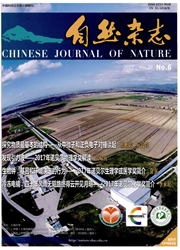

 中文摘要:
中文摘要:
随着分子生物学的发展,对表型背后复杂的分子调控机制进行系统和定量分析成为当前重要研究方向之一。内源性网络理论提供了一种可行的方法,可以通过总结已有的生物学知识构建系统核心调控网络,并利用非线性随机动力系统对网络进行定量分析。本文主要回顾了内源性网络理论的核心内容及迄今为止基于该理论框架下所取得的成果。在内源性网络理论框架下,我们可以利用功能性景观理解复杂疾病的发生发展过程,作出可验证的全新预测,进而为复杂疾病预防、诊断、治疗提供一系列潜在的思路和方案。
 英文摘要:
英文摘要:
With the development of molecular biology, it becomes increasingly important to understand the biological complexity systematically and quantitatively. Endogenous molecular-cellular network theory was proposed to depict the core network structure underneath biological system and quantify it by a nonlinear stochastic dynamical system. We review the basic considerations of this theory and several results achieved so far here. Based on this theoretical framework, we may achieve a better understanding of the progression and regression of complex diseases from an adaptive landscape view, make new and practical predictions, and provide some potentialstrategies towards the prevention, diagnosis, and treatment of these diseases.
 同期刊论文项目
同期刊论文项目
 同项目期刊论文
同项目期刊论文
 期刊信息
期刊信息
